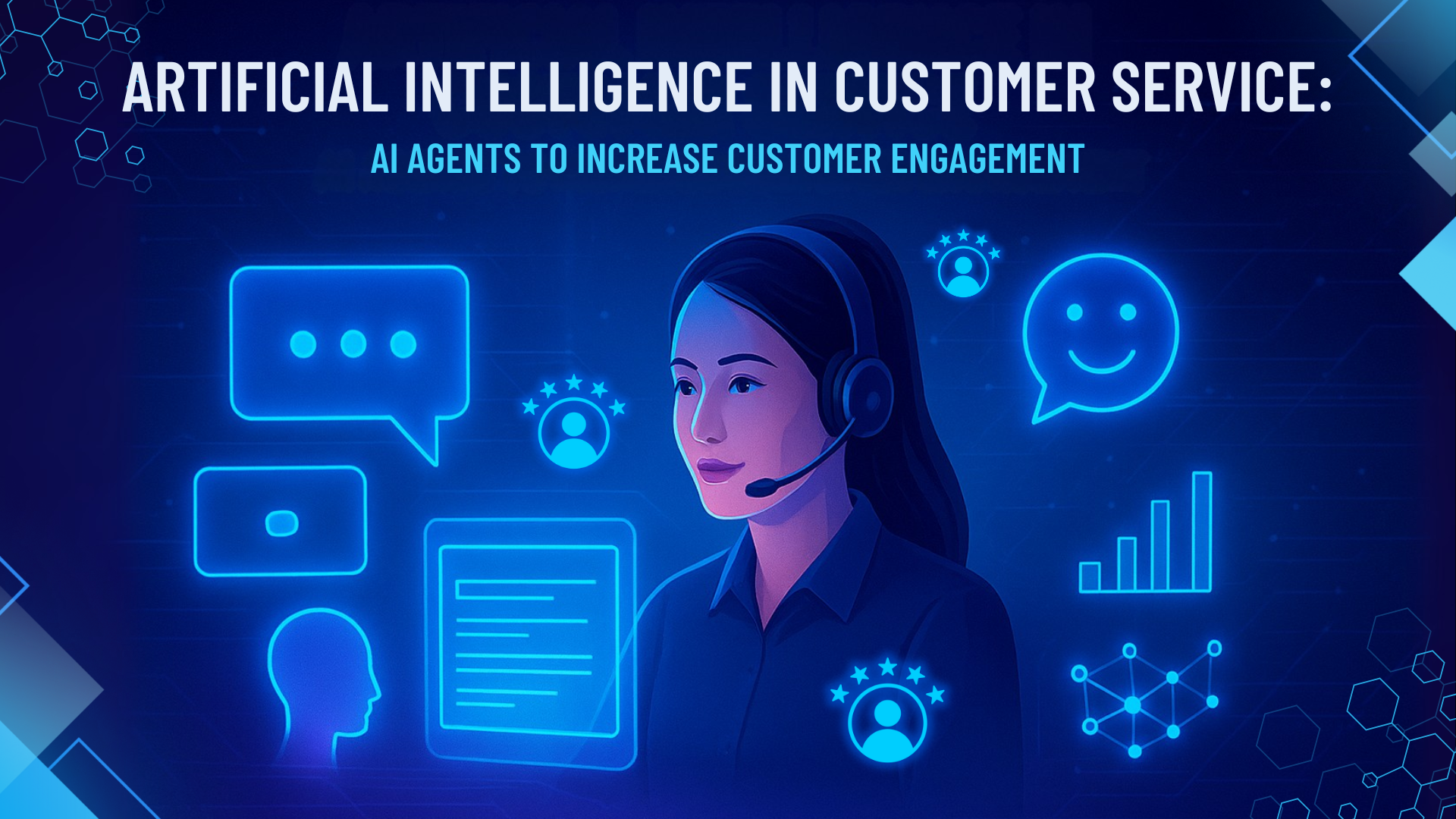Introduction to Industry 4.0
Industry 4.0, often referred to as the Fourth Industrial Revolution, represents a transformative wave of technological advancements in manufacturing and production. Building upon the foundations of previous revolutions—mechanization (Industry 1.0), mass production (Industry 2.0), and automation (Industry 3.0)— by integrating digital technologies into manufacturing processes. The convergence of physical and digital systems, combined with advanced data analytics, is reshaping industries by driving efficiency, productivity, and flexibility to new heights.
Key Components of Industry 4.0
1. Internet of Things (IoT)
At the heart of Industry 4.0 is the Internet of Things (IoT), enabling seamless connectivity between devices and machines over the Internet. IoT devices, equipped with sensors, provide real-time data, helping organizations monitor processes, track assets, and make data-driven decisions.
2. Big Data and Advanced Analytics
The massive amounts of data generated by IoT devices are managed through big data technologies. Advanced analytics, such as predictive and prescriptive analytics, enable manufacturers to extract actionable insights, optimize production schedules, and predict equipment failures, making it a game-changer.
3. Artificial Intelligence (AI) and Machine Learning
AI and machine learning play a critical role in Industry 4.0 by automating processes, improving predictive capabilities, and enabling intelligent decision-making. These technologies can analyze patterns in data, detect anomalies, and adapt to changing conditions autonomously.
4. Robotics and Automation
Robotics is an essential part of Industry 4.0, particularly with collaborative robots (cobots) that work side-by-side with human operators. Automation technologies enhance precision, speed, and consistency, improving workplace safety and minimizing errors.
5. Additive Manufacturing (3D Printing)
Additive manufacturing, commonly known as 3D printing, enables the creation of complex parts layer by layer. This process reduces waste and facilitates rapid prototyping, contributing to the flexibility and customization capabilities.
6. Cyber-Physical Systems (CPS)
Cyber-physical systems (CPS) integrate physical and digital components to create intelligent systems that can analyze, communicate, and make decisions autonomously. CPS enhances operational efficiency by incorporating real-time data from sensors and systems.
7. Cloud Computing
CPS combines physical and computational elements, creating smart systems that can communicate, analyze, and act autonomously. These systems enhance operational efficiency by integrating real-time data from sensors and systems.
8. Blockchain Technology in Industry 4.0
Blockchain technology offers a decentralized and secure method of storing and sharing data. In Industry 4.0, blockchain improves supply chain transparency, tracks product provenance, and builds trust among stakeholders.
Benefits of Industry 4.0
1. Enhanced Efficiency and Productivity
Industry 4.0 technologies streamline operations, reduce downtime, and optimize resource usage. Real-time monitoring facilitates proactive maintenance, leading to increased efficiency and productivity.
2. Improved Flexibility and Customization
Industry 4.0 enables manufacturers to quickly respond to market demands through advanced customization and flexible production methods.
3. Cost Reduction
Automation and optimized resource management reduce operational costs, labor expenses, and material waste.
4. Better Decision-Making
Access to real-time data and advanced analytics empowers organizations to make informed decisions based on comprehensive insights.
5. Safer Work Environments
Automation and robotics reduce human involvement in dangerous tasks, improving safety and reducing the risk of accidents in the workplace.
Challenges and Considerations of Industry 4.0
While Industry 4.0 offers numerous advantages, its adoption also presents several challenges:
1. Cybersecurity Risks
As industries become more interconnected, the risk of cyberattacks increases. Robust cybersecurity measures must be implemented to protect sensitive data and systems.
2. Skill Gaps
The transition requires a digitally skilled workforce. Organizations must invest in training and upskilling their employees.
3. Integration Complexities
Integrating legacy systems with Industry 4.0 technologies can be challenging and costly. A clear strategy is essential to avoid disruptions.
4. Data Privacy Concerns
Handling large volumes of data raises privacy concerns, particularly regarding compliance with regulations like GDPR.
The Future of Industry 4.0
As Industry 4.0 continues to evolve, several trends are shaping its future:
- Increased Use of AI: AI will drive further automation and innovation in manufacturing processes.
- Sustainability Focus: The emphasis on sustainable practices will lead to the adoption of technologies that reduce waste and energy consumption.
- Integration of Advanced Technologies: The convergence of AI, IoT, and robotics will create sophisticated self-optimizing systems.
- Collaborative Ecosystems: Companies will increasingly collaborate with technology providers and supply chain partners to drive innovation.
How arieotech is Leading in Industry 4.0
As Industry 4.0 reshapes global manufacturing, arieotech is at the forefront of this revolution, offering innovative solutions that empower organizations to leverage advanced technologies:
1. Consulting Services
arieotech provides expert consulting to help businesses understand and implement Industry 4.0 technologies.
2. Custom Solutions
We deliver tailored solutions that integrate IoT, AI, and advanced analytics to optimize manufacturing and enhance efficiency.
3. Training and Support
Our comprehensive training programs equip teams with the skills to effectively manage and implement Industry 4.0 technologies.
4. Cybersecurity Solutions
We offer cybersecurity solutions to safeguard organizations against potential threats, ensuring compliance with data privacy regulations.
5. Continuous Improvement
arieotech emphasizes continuous improvement, working closely with clients to monitor performance and integrate emerging technologies.
Conclusion: The Transformative Power of Industry 4.0
Industry 4.0 marks a pivotal moment in the evolution of manufacturing. By integrating digital and physical systems, organizations can achieve smarter, more efficient, and sustainable operations. Partnering with arieotech ensures that you stay ahead in this revolution, harnessing the power to drive innovation and growth.





